In the heart of North Africa, more specifically in Tangier, Morocco has rapidly become a major player in the multimodal transport and logistics sector, thanks to sustained efforts to improve its competitiveness and attract foreign investment.
In this blog post, we’ll focus on the competitiveness of Morocco’s logistics offering, with particular emphasis on the industrial acceleration zones, notably the Tangier Free Zone (TFZ) and the port of Tangier Med, and TAC (Tangier atutomotive city).
We will also discuss the main challenges facing overland freight transport, maritime transport and air transport.
Industrial Acceleration Zones :
The Tangier Free Zone (TFZ), located in northern Morocco, is one of the most outstanding examples of the competitiveness of the country’s logistics offering. This free zone boasts modern infrastructure, simplified procedures and attractive tax benefits, making it extremely attractive to international companies. The TFZ’s strategic location, close to the Strait of Gibraltar and major European markets, makes it a first-rate logistics hub for international trade.
The port of Tangier Med, also located in northern Morocco, is a key driver of the country’s logistics competitiveness. With its modern terminals and high-performance equipment, it has become the country’s most important port and Africa’s largest Mediterranean port. In addition to its container handling capacity, Tanger Med is also equipped to handle giant container ships, reinforcing its position as the region’s maritime transport hub.
The industrial acceleration zone known as TAC Morocco (Tangier Automotive City) is an industrial zone located in Tangier, Morocco. It was created with the aim of developing the automotive sector in the region. TAC Morocco offers modern infrastructure and incentives to investors in the automotive industry, making it an attractive destination for companies in the sector. Its aim is to become a major automotive hub in North Africa, attracting investment and creating jobs for the local population.
The challenges of overland freight transport :
Considerable efforts have been made to modernize and develop Morocco’s overland transport network, ensuring competitive delivery times. In addition, freeway expansion projects, such as the Tangier-Marrakech freeway, are underway to improve connectivity and enhance the efficiency of overland transport.
Sea freight transport :
Maritime transport plays a key role in Morocco’s logistics offering, given its advantageous geographical position and proximity to major European markets. However, global competition and the need to reduce transit times are major challenges. The port of Tanger Med, with its modern facilities and operational efficiency, is looking to attract more global shipping lines, which will improve connectivity and boost the competitiveness of maritime transport in Morocco.
Transporting goods by air :
A fast, efficient solution for goods requiring fast, reliable delivery, air transport is an unavoidable solution. Morocco has several well-connected international airports, including Casablanca’s Mohammed V airport. These airports offer high-quality logistics services, enabling companies to ship their products in the shortest possible time. Thanks to an extensive air network and strict safety measures, air freight contributes to Morocco’s competitiveness in the global marketplace.
Morocco has made great strides in strengthening its logistics competitiveness, particularly in industrial acceleration zones such as the Tangier Free Zone and the port of Tangier Med. These initiatives have attracted foreign investment, created jobs and improved the country’s connectivity with key global markets. The competitiveness of Morocco’s logistics offering rests on several solid pillars. Industrial Acceleration Zones, such as the TFZ and Tangier Med, offer competitive advantages to companies. Land, sea and air freight transport, while facing challenges, is continually supported by modern infrastructure and ongoing investment. Morocco is thus positioning itself as a benchmark logistics hub, promoting the country’s economic development and international trade.
To help you develop your value chain in relation to your logistics strategy and your goods transportation policy, get in touch with one of our specialists, in particular AUTICS GROUP, to benefit from insightful support, a comprehensive audit and a perfectly customized offer. www.autics-group.com


